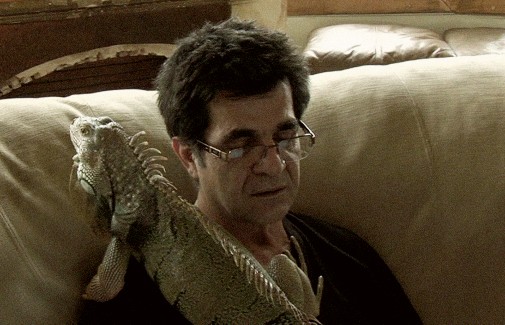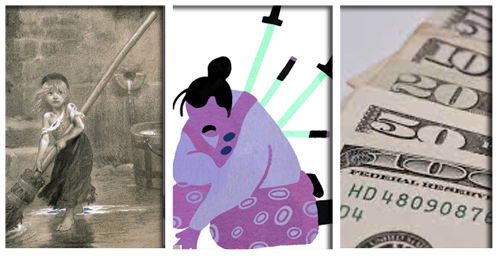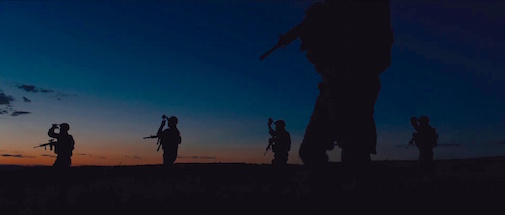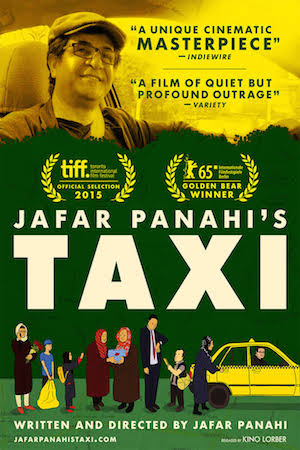Venice at Home: Day 10 – The Artist Is (Not) Present
 Saturday, September 10, 2022 at 8:00AM
Saturday, September 10, 2022 at 8:00AM 
Well, it's time to say goodbye to the Venice at Home project. Maybe it'll return next year as other cinephiles flood the Lido and those of us who don't share in the FOMO. There are three remaining directors in the official competition. First, Jafar Panahi, incarcerated since earlier this year but no less capable of dazzling cinephiles with his political, profoundly personal work. No Bears sounds like another triumph. Also vying for the honor is Susanna Nicchiarelli, whose Chiara completes an unofficial trilogy about historical women (Miss Marx and Nico, 1988 also screened at Venice). Finally, Roschdy Zem jumps behind the camera after having graced festival audiences with his acting in Other People's Children. For Les Miens he does triple duty as star, director, and screenwriter.
This miniseries was always intended to celebrate great artists, so it's fitting that the last three films are about them as we focus on an Iranian filmmaker (This is Not a Film), a German singer (Nico, 1988), and a French clown (Chocolat) of Afro-Cuban heritage…







